Resistance training, generally known as weightlifting, is helpful for people of all ages. Lifting weights has been proved to increase strength, balance, mobility, and coordination and is one of the most effective strategies to keep your body healthy and strong over time.
While strength training takes little time and requires little equipment, doing it incorrectly can result in catastrophic injuries and cause you to lose ground. Here are five remedies to common weightlifting blunders so you can prevent pain and achieve gains at home or in the gym, whether you’re a gym rat or new to the weight game.
Mistake #1: Poor Form
When you practise a new exercise, you’re teaching your body how to do something it’s never done before. Learning and maintaining proper technique during strength training is critical for lowering your risk of injury.
Fix: Meet with a personal trainer who specialises in the exercise plan you want, even if it’s just for a single session. Certified personal trainers come from a variety of backgrounds. These backgrounds can range from one month to several months of learning. The ideal personal trainer can teach you the fundamentals of proper form and boost your confidence, allowing you to progress healthily.
Mistake #2: Lifting the Wrong Weight
When it comes to muscle strengthening, more isn’t always better. Lifting too much weight can cause more harm than good, depending on your health and some medical issues.
Fix: If you’re not sure if the weight is too heavy, use less weight and do more sets and repetitions. Higher weight with lower sets and repetitions are equally as effective as more repetitions at a lighter weight. Because you’re increasing your endurance, it’ll help you develop increased muscle motor control.
Mistake #3: Not Giving Any Rest for the Weary
When it comes to exercise, just as you need adequate sleep to relax your mind and reset after the day’s activities, the same is true for your body. People frequently make the mistake of allowing muscle soreness to determine whether or not they should rest. Muscle soreness, unfortunately, is not immediately proportional to the amount of work you’ve done or the benefits you’ll get from such an exercise.
Fix: While resistance training can be done daily, it should be done with precaution. Rather than performing the same workouts every day, consider altering the sorts of activities you undertake.
Mistake #4: There is No Gain without Pain
It’s critical to understand your body and how it responds to new activities before beginning any new sort of exercise. There is a clear differentiation between being uneasy and being in pain.
Fix: If you’re completing an activity and you’re experiencing any pain, stop. Attempting to work through the pain can make it worse or possibly cause injury. If you have any doubts about whether the pain you’re feeling is normal, book an appointment with your primary care physician.
Mistake #5 Ignoring Your Core
The core is frequently overlooked when it comes to weight training. The core is often thought to consist simply of the abdominal muscles (6-pack), but it includes a variety of muscle groups that go from the top of your knees to just below your chest. This comprises several back-muscle groups that are usually ignored.
Many stabilising motions, including basic daily actions like getting up from a chair or leaning down to tie your shoe, are controlled by your core. It is indeed vital for staying safe while lifting weights.
Fix: Adding core stabilising movements to your resistance training routine is the greatest approach to improve your core muscles. Mobility training and yoga, and other complicated movements while lifting weights are examples of this.
What kinds of injuries might these mistakes result in?
When you make these weightlifting errors, you’re putting yourself in danger for:
· Muscle strains and sprains
· Tendonitis
· Pain in the lower back
Other Issues to Consider
Wrist, elbow, and neck injuries can occur as a result of poor weight lifting techniques, in addition to shoulder, knee, and back problems. If you are experiencing pain or suffering from the effects of a sports injury, then get an appointment with a doctor as soon as possible.
Takeaway
There are plenty of other common weightlifting errors to avoid, so consult a professional for guidance on which exercises are the safest and most beneficial for you and your fitness goals. Participating in a fitness routine is beneficial to both your mental and physical health, and this includes learning about the activities that are best for you.






